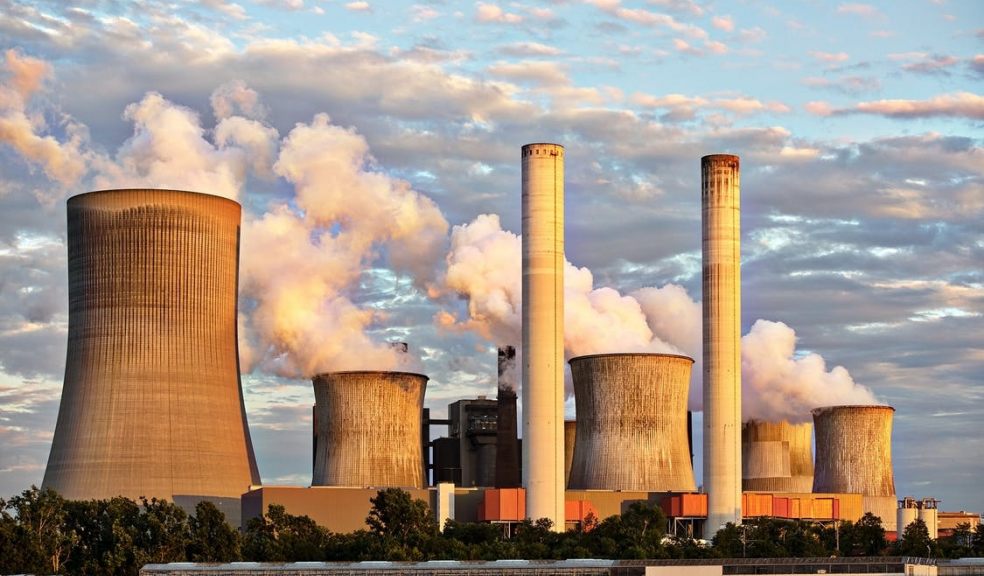
2022 Could be the Start to Putting an End to Compressed Air Energy Waste
Did you know that compressed air energy accounts for approximately 5% to 30% of a manufacturing plant’s total energy bill? That's a lot of energy squandered.
According to Direct Air, even a modest air system that is not properly maintained can cost manufacturing facilities £2-£7 per day.
This is a massive problem that must be addressed as quickly as possible. Here are some ways that air energy can be preserved.
How can frequent air energy waste be prevented?
1. DecarboniZation
Decarbonization refers to any actions that a business sector or institution takes to minimize its carbon footprint. By doing this, greenhouse gas emissions will be minimized, making the compressed air more energy efficient. And it also helps lessen its influence on the climate.
This carbon reduction is a significant step in reducing its dependence on electricity, which saves costs.
2. Identifying the waste
An excellent way to solve this issue of compressed air wastage is by identifying the waste. The most significant source of energy waste in compressed air systems is leaked. Imagine connecting your compressor to a system with a substantial leak; this leads to massive wastage.
An effective way to solve this problem is to use an ultrasonic leak detector or just listen for leaking air, starting at the compressor and walking your way through.
3. Avoid the misuse of the compressor
Another form of energy waste is misusing compressed air when it is not needed. For instance, if the compressor is not loaded, it consumes up to 70% of its maximum load power. Thus, it is advisable to turn it off when there is no need for air as it helps save energy and reduce costs.
4. Avoid over pressurizing the compressor
Over-pressurising occurs when an operator boosts the PSI of a compressor system to ensure that optimal pressure is achieved. This is not an efficient way to ensure optimal pressure is achieved, as it can lead to waste. However, each component or tool has an ideal working pressure and flow.
Running them all at mainline pressure wastes energy and reduces equipment life by increasing loads and wear. An efficient way to go about this is by using pressure regulators, and as a result, the air is given to each tool at its rated pressure.
If pressure regulators are not dispersed throughout a system, excessive pressure is probably used, and energy is wasted. Even if pressure regulators are available, operators should ensure that the system is monitored to ensure that the pressure is being regulated.
5. Avoid pressure drops
Pressure drop refers to the decrease in air pressure from the compressor output to the actual point of use. Pressure drop occurs as compressed air flows through the treatment and distribution system.
Most professionals try to rectify this issue by increasing the pressure from the generator or turning on the regulator. This is not an efficient way of rectifying it as it increases its energy cost. The most effective technique to save energy is identifying and eliminating the pressure drop from its source.
6. Regular service and maintenance of components
Frequent maintenance will help keep leak rates low and therefore prevent energy waste. Maintenance can include properly sizing components like valves and cylinders. These components make the most effective use of compressed air, as it helps save energy.
Maintaining filters also aids in the reduction of energy waste. After some time in use, particles will clog the filter element, lowering pressure. Changing components as directed help minimizes energy consumption and ensures the proper air quality reaches the tool or machine.
Conclusion
While it's important to be mindful of energy wastage in all forms, compressed air is often overlooked as a major contributor. By taking steps to improve your facility's compressed air system, you can not only save money but also help the environment.
2022 is the perfect time to commit to changing your facility. Not only will you be able to take advantage of new technology and advancements, but you'll also be able to set a good example for other businesses. By doing your part to reduce energy waste, you can help make a difference in the fight against climate change.













